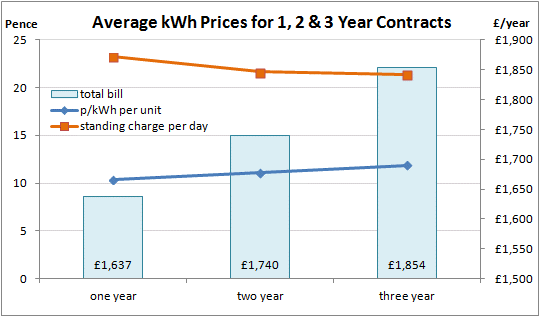How to Switch Business Electricity and get the best deal
Whatever the size of your business, there are plenty of ways you could be eating up electricity, whether it’s lamps, tills, laptops, machinery or fridges.
However you use the power, you’ll need to find a supply that is efficient and does not cost the earth.
It’s always advisable to shop around for the best deal rather than simply allowing your existing contract to roll over with the same supplier, as the cost of this will creep up and up, year after year.
The way to make the energy market more competitive would be to encourage everyone to switch business electricity more often.
Which are the best business electricity suppliers in the UK?
There are the ‘big 6’ major energy companies in the UK including British Gas, EDF Energy, E.ON UK, npower, Scottish Power and SSE.
As there are so many commercial suppliers to choose from your main aim is to find the one that offers the cheapest business electricity and gas deals for your company.
Switching to a better deal is harder than it may seem. If you’re a business, your contract is set up differently to domestic ones and therefore rates will be different. It’s also worth noting that there is no option for business dual fuel tariffs.
Which business electricity suppliers (UK) give perks for switching?
Lots of suppliers offer perks for signing up for a new contract with them or discounts for paying for the year upfront. Some may offer price promises.
But the main thing you should be looking for when searching for a new contract, is which supplier will offer the cheapest energy, preferably on the longest tariff.
How easy is it to switch business electricity contracts?
It’s so easy. Here at Business Electric, we do the hard work for you.
Simply use our contact form and we’ll get back to you with our best prices for your business. You can compare them side-by-side, allowing you to swap suppliers at the click of a switch – and what’s more, you can even track the switch in progress when you sign up with us.
We can save your business hundreds of pounds by comparing every major and smaller supplier on the market today.
You just need to tell us a few details including the name of your current suppliers, your contract end date and current tariff, the type of supply and how much electricity or gas your company uses.
If you need help to switch business electricity, we offer an impartial service without obligation, so contact us today.
















